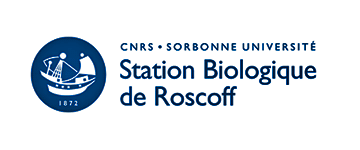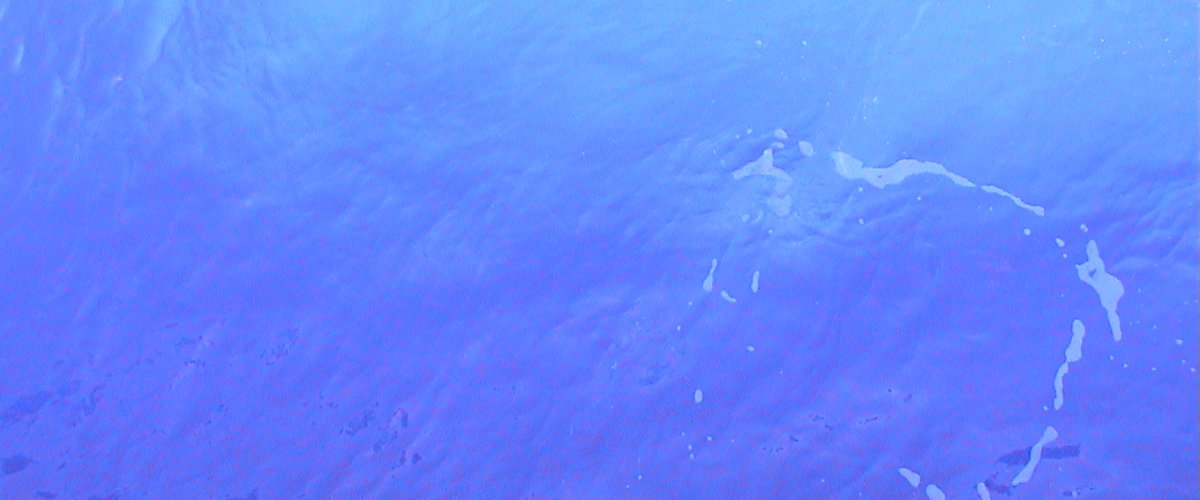Objectives
Synechococcus as a model genus for studying adaptation of marine phytoplankton to environmental changes
Objectifs of the project
Data originating from the SAMOSA project will also allow us to revisit the concept of 'ecotypes' in marine Synechococcus
The main goal of SAMOSA will be to develop a systems biology approach to characterize and model the main acclimation (i.e., physiological) and adaptation (i.e. evolutionary) mechanisms involved in the differential responses of ecotypes of marine Synechococcus cyanobacteria to various environmental factors and the consequences of these differences on the distribution and dynamics of these ecotypes in situ.
The variability of responses between different stress types as well as between different ecotypes will be assessed in two ways: i) by testing the effects of a variety of environmental stresses (high light, high/low temperature, UV) on the physiology (growth, photosynthetic activity, etc.) and whole transcriptome of the model Synechococcus strain WH7803 and ii) by subjecting four additional Synechococcus strains, representative of the most abundant clades in the field (clades I to IV) to high light and temperature stresses in order to assess the specific part of their response.
Incorporation of these data into a robust gene regulation network will allow us to decipher the common part of the responses and all sub-networks that are specific of either a given stress or a given ecotype. Transcriptomic data on the response of Synechococcus strains to oxidative or nutrient stresses have been recently published by us and other groups and will also be included in the gene network.
In complement to physiological and transcriptomic studies, systematic comparisons of the 42 Synechococcus genomes available at the beginning of SAMOSA, including several strains for each ecotype, will allow us to identify not only the core (i.e. common) and pan (i.e. global) genomes for the whole Synechococcus genus, but also the sets of genes specific of each ecotype (i.e. the ecotype-specific core genomes).
Transcriptomic and comparative genomics analyses will then be combined to define a limited set of genes that are both ecotype-specific and differentially regulated in response to one or several stresses. Such genes will constitute privileged targets for further functional analyses using gene knockout approaches followed by physiological characterization of the resulting mutants.
The role of these genes in adaptation/acclimation processes of Synechococcus ecotypes will be further checked by screening metagenomes and metatranscriptomes from various oceanic regimes and depths that we will get from the TARA-Oceans program and other sources.
Data originating from the SAMOSA project will also allow us to revisit the concept of 'ecotypes' in marine Synechococcus, currently based solely on phylogenetic and biogeographical considerations, by including robust physiological characterizations. Altogether, this project will be an important step towards developing a systems biology model of the marine Synechococcus genus taking into account all scales of organization from the gene to the global ocean.











